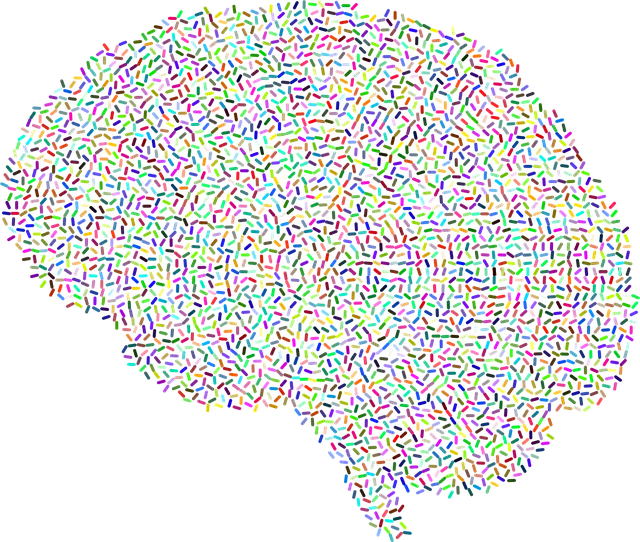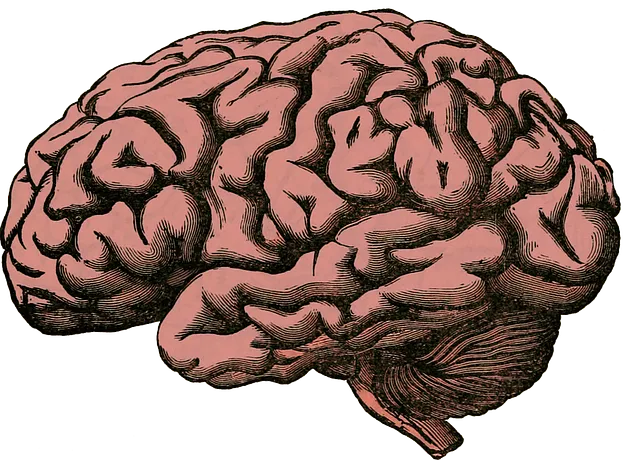The Kaiser Permanente Mental Health Access Center Broomfield is revolutionizing mental health assessments with innovative, holistic approaches that integrate advanced tools and a multidisciplinary team. By focusing on building self-esteem, confidence, and resilience, the center aims to deliver precise diagnoses tailored to individual needs. Using evidence-based practices like Emotional Intelligence training, Burnout Prevention strategies, Emotional Regulation exercises, and Mental Wellness Journaling, they strive to improve diagnosis accuracy and enhance patient outcomes at the Kaiser Permanente mental health access center Broomfield.
Mental illness diagnosis accuracy is a critical aspect of healthcare, with significant implications for patient outcomes. This article explores efforts to enhance diagnosis precision at the Kaiser Permanente Mental Health Access Center in Broomfield. We delve into enhancing assessment techniques, implementing evidence-based practices, and training healthcare professionals to improve accuracy. Additionally, we discuss expanding access to mental health services, integrating data analysis for personalized care, and the role of technology in remote screenings and therapy. These strategies collectively aim to revolutionize mental health diagnosis and treatment at Kaiser Permanente Broomfield.
- Enhancing Assessment Techniques at Kaiser Permanente Mental Health Access Center Broomfield
- – Exploring current assessment methods and their limitations
- – Implementing evidence-based practices for more accurate diagnoses
Enhancing Assessment Techniques at Kaiser Permanente Mental Health Access Center Broomfield

The Kaiser Permanente Mental Health Access Center Broomfield has been at the forefront of revolutionizing mental health assessment techniques. They’ve implemented innovative strategies to enhance diagnostic accuracy, focusing on holistic evaluations that go beyond traditional methods. By integrating advanced tools and a multidisciplinary approach, the center aims to provide more precise diagnoses, catering to the unique needs of each individual.
This center prioritizes self-esteem improvement, confidence boosting, and resilience building as integral parts of their assessment process. They recognize that mental health is deeply interconnected with overall well-being, so they offer comprehensive support tailored to address these aspects. Such an inclusive strategy ensures that patients receive not just a diagnosis but also actionable insights for personal growth and improved mental resilience.
– Exploring current assessment methods and their limitations

The current assessment methods for mental illness diagnosis often rely on subjective reporting from patients and limited objective measures. While tools like questionnaires and interviews are widely used, they can be influenced by factors such as cultural background, personal bias, or even the patient’s willingness to disclose symptoms. This presents a significant challenge in the field of mental health care, particularly at centers like the Kaiser Permanente Mental Health Access Center Broomfield. Here, healthcare professionals strive to provide accurate diagnoses, but the inherent limitations of these assessment methods can lead to misdiagnosis or missed opportunities for tailored treatment.
Emotional Intelligence and Social Skills Training have emerged as valuable tools to enhance diagnosis accuracy. By incorporating these aspects into the assessment process, healthcare providers gain deeper insights into patients’ emotional states and interpersonal dynamics. Additionally, Burnout Prevention strategies are essential in ensuring that mental health professionals remain adept at detecting subtle changes in patient presentation, which may indicate different underlying conditions or exacerbations of existing ones.
– Implementing evidence-based practices for more accurate diagnoses

Implementing evidence-based practices is a significant step toward enhancing the accuracy of mental illness diagnoses at centers like the Kaiser Permanente Mental Health Access Center in Broomfield. These practices draw from scientific research and clinical experience to ensure that professionals use consistent, reliable methods when assessing and diagnosing individuals. By adhering to such standards, healthcare providers can reduce misdiagnoses and improve patient outcomes. For instance, integrating Emotional Regulation techniques into therapy sessions has shown promise in identifying subtle emotional cues, which can be crucial for accurate diagnoses.
Additionally, incorporating Mental Wellness Journaling Exercise Guidance as a diagnostic tool empowers patients to track their moods and emotions over time. This self-reflective practice provides valuable insights that healthcare professionals can use to better understand a patient’s internal experiences and behaviors, thereby enhancing the accuracy of mood management strategies employed during diagnosis and treatment.
The implementation of enhanced assessment techniques at the Kaiser Permanente Mental Health Access Center in Broomfield represents a significant step forward in improving mental illness diagnosis accuracy. By addressing current method limitations and adopting evidence-based practices, this initiative ensures more precise and effective identification of mental health conditions. Such efforts not only benefit individuals receiving care but also contribute to overall public health by enabling tailored treatment plans and improved patient outcomes.






